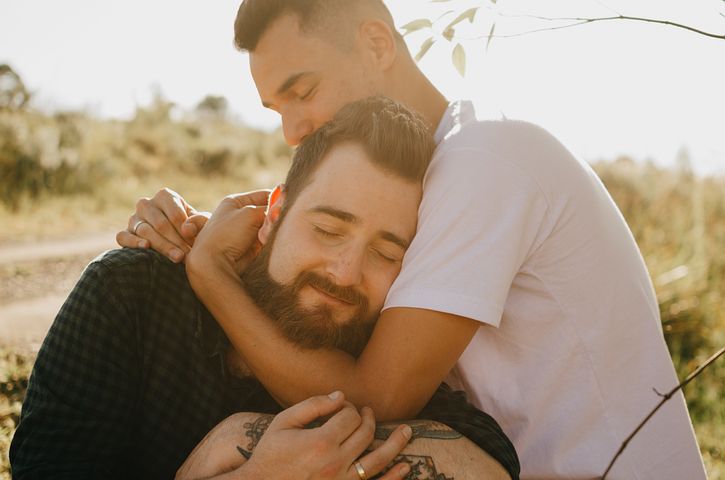The word “gay” is increasingly being substituted by queer or, more broadly, L.G.B.T.Q.,which are about gender as much as sexual orientation.
The word “queer” is climbing in frequency and can be used interchangeably with gay, which itself not so long ago replaced the dour and faintly judgmental homosexual.
Only 10 years ago, for example, queer appeared a mere 85 times in The New York Times. It’s been used 632 times in 2022, and the year is not over.
In the same periods, use of gay has fallen from 2,228 to 1,531 — still more commonly used, but the direction of the evolution is impossible to miss. Meanwhile, the umbrella term L.G.B.T.Q. increased from two mentions to 714.
Younger people are fine with it. Older people or boomers, maybe, find it problematic.
Mainstream media, and L.G.B.T.Q. media, treat the word lesbian like it’s the plague.
Let’s be clear: Many lesbians and gay people are fine with this shift.
They may even prefer L.G.B.T.Q. and queer because they include people who identify according to gender expression or identity as well as sexual orientation.
But gay and queer are not synonymous. Likewise, the term L.G.B.T.Q., represents so many identities unrelated to sexual orientation that gays and lesbians can feel crowded out.
The writer David Sedaris said he was done “fighting the word ‘queer.’” He went on to say: “Like the term ‘Latinx,’ ‘queer’ was started by some humanities professor and slowly gathered steam.
Then well-meaning radio producers and magazine editors thought, ‘Well, I guess that’s what they want to be called now!’
But I don’t remember any vote being taken.
Word choices reflect and drive the culture but why change the word for same-sex orientation? And who decides these things anyway?
The dictionary shows differences between the words.
Gay has a clear, specific meaning that applies to both men and women Lesbian, of course, bears the same meaning, but strictly for women.
Oxford and Dictionary.com, define queer as “strange or odd.”
Being queer is, not about who you’re having sex with, but is about the self that is at odds with everything around it and it has to invent and create and find a place to speak and to thrive and to live.
Are you confused? Queer can mean almost anything, and that’s the point. Queer theory is about breaking down normative categories around gender and sex, particularly binary ones like men and women, straight and gay.
Saying you’re queer could mean you’re gay; it could mean you’re straight; it could mean you’re undecided about your gender or that you prefer not to say.
Given the broad spectrum of possibility, it’s no surprise that many people — gay or straight — have no idea what it means when someone self-identifies as queer.
Not all gay people see themselves as queer. Many lesbian and gay people define themselves in terms of sexual orientation, not gender.
There are gay men, for example, who grew up desperately needing reassurance that they were just as much a boy as any hyper masculine heterosexual.
They had to push back hard against those who tried to tell them their sexual orientation called their masculinity into question.
In addition, Gay has long been a generally positive term. The second definition for “gay” in most dictionaries is something along the lines of “happy,” “lighthearted” and “carefree.”
Queer has been, first and foremost, a pejorative.
So how did it happen? The internet has made word shifts take hold much faster these days.
For example, the term “Latinx” overtook academic institutions and briefly became fashionable in the media, still prevalent in some influential publications.
There’s nothing wrong with embracing a particular word to describe yourself. The problem arises when a new term is used in ways that misrepresent or mischaracterize some of the very people it’s meant to include.
Language is always changing — but it shouldn’t become inflexible, especially when new terminologies, in the name of inclusion, sometimes wind up making others feel excluded.
In the case of “queer,” it’s especially worrisome and not only because it supersedes widely accepted and understood terms but also because the gay rights movement’s successes have historically hinged on efforts at inclusion.
Gay people, lesbians and bisexuals fought for a long time to be open and clear about who they are. That’s why they call it pride.
Here at the NABWMT we fought as gay men loving and sleeping with other men of all colors. We probably want to stay gay!

